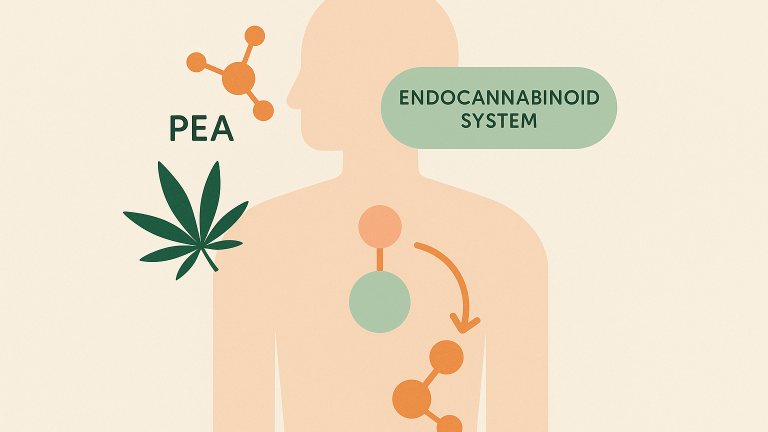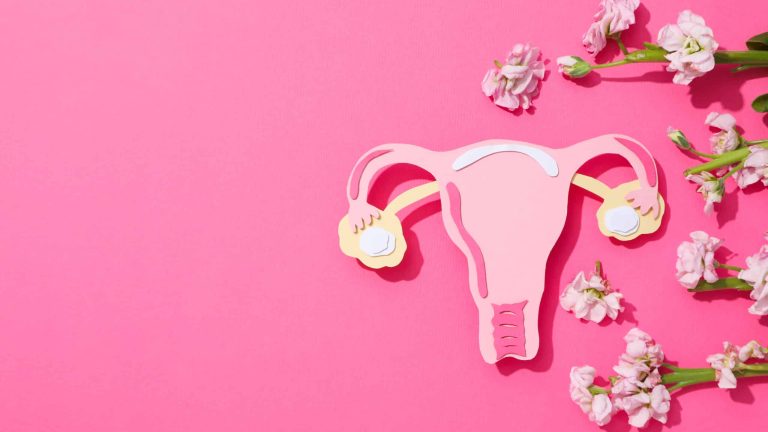Rania noticed her jeans tightening long before her diagnosis. She hadn’t changed her diet, but her belly often felt swollen—especially before her period. Friends suggested cutting carbs or exercising more. But nothing helped. It wasn’t until a gynecologist diagnosed her with endometriosis that the bloating, water retention, and stubborn weight gain started to make sense.Endometriosis doesn’t directly cause weight gain in the traditional sense, but it can contribute to weight changes in several ways:Hormonal imbalances: Estrogen dominance, which often occurs in endo, can lead to water retention and fat accumulation—especially around the hips and waist.Inflammation: Chronic inflammation can trigger stress hormones like cortisol, which are linked to weight gain, especially in the abdominal area.Bloating (Endo Belly): One of the most common complaints. Bloating can fluctuate daily, causing discomfort and a visibly distended belly that mimics weight gain.Medications: Some hormonal treatments can lead to changes in appetite, fluid retention, and metabolism.Reduced activity: Pain and fatigue may limit exercise, impacting overall weight management.If you’re struggling with unexplained weight changes, it's not all in your head. Managing inflammation, supporting hormones, and finding gentle movement that feels good are all key.





